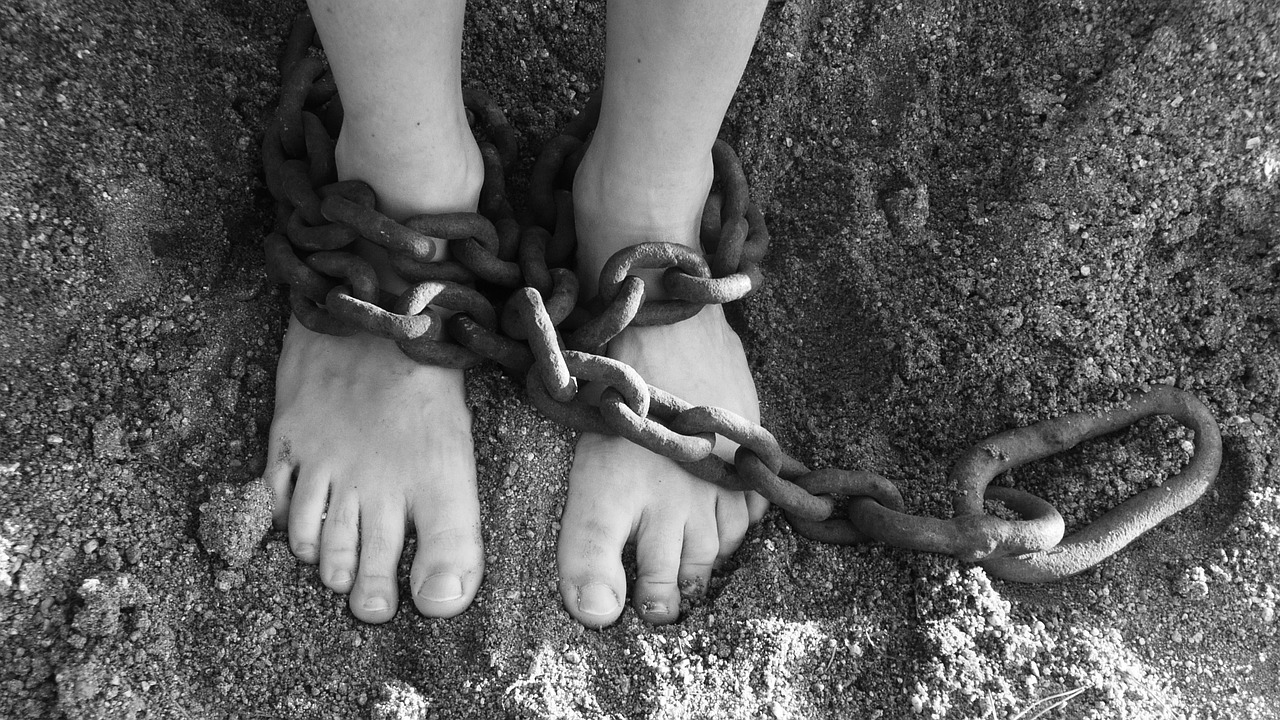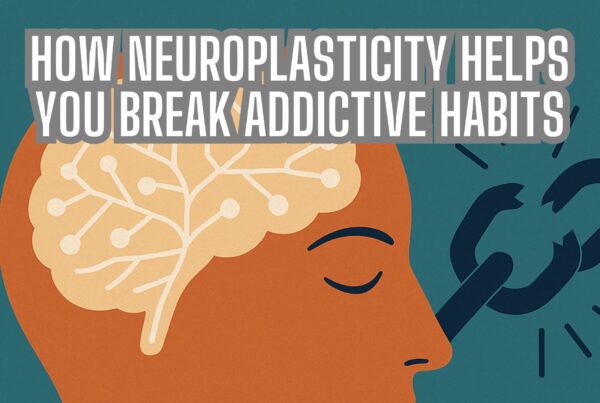The Top 10 Most Common Addictions: Understanding the Struggles We Face
Most Common Addictions
Addiction is a complex and widespread issue that affects individuals from all walks of life. It encompasses a wide range of behaviors and substances that can have a detrimental impact on one’s physical and mental well-being. In this article, we will explore the top 10 most common addictions, shedding light on the struggles people face and offering insights into these pervasive issues.
1. Alcohol Addiction
Alcohol addiction is one of the most prevalent forms of addiction worldwide. According to the World Health Organization (WHO), harmful use of alcohol results in approximately 3 million deaths each year. Excessive alcohol consumption can lead to various health problems, including liver damage, cardiovascular disease, and mental health disorders. Recognizing the signs of alcohol addiction is crucial for early intervention and support.
2. Tobacco Addiction
Tobacco addiction remains a significant public health concern, despite increased awareness of its dangers. Smoking cigarettes or using other tobacco products can lead to severe health complications such as lung cancer, heart disease, and respiratory issues. Hypnotherapy has a proven track record for helping people to overcome their smoking issues and to become healthy, happy non-smokers.
3. Substance Abuse
Substance abuse encompasses addiction to illegal drugs, such as cocaine, heroin, or methamphetamine, as well as misuse of prescription medications like opioids and sedatives. Substance abuse disorders can have devastating consequences, affecting physical health, relationships, and overall quality of life. Seeking professional help and accessing appropriate treatment programs are essential steps towards recovery. This may require a combination of treatments depending on the substance being abused. Hypnotherapy and Mindfulness may be useful in the recovery process.
4. Gambling Addiction
Gambling addiction, often referred to as a “hidden addiction,” can have severe financial and emotional implications. It is characterized by an uncontrollable urge to gamble, despite negative consequences. Pathological gambling can lead to significant debt, strained relationships, and mental health disorders. A combination of therapy and support groups is most effective in assisting to overcome this addiction.
5. Internet and Technology Addiction
With the rapid advancement of technology, internet and technology addiction has become increasingly prevalent. Excessive use of smartphones, social media, online gaming, or other digital platforms can lead to neglecting responsibilities, social isolation, and negative impacts on mental health. Developing healthy habits, setting boundaries, and seeking support can help individuals regain control over their technology use.
6. Food Addiction
Food addiction involves compulsive overeating and an inability to control food intake. Individuals with this addiction often experience feelings of guilt, shame, and low self-esteem. Food addiction can contribute to obesity, diabetes, and other health issues. Thearpy, support groups, and nutritional guidance play crucial roles in addressing this addiction.
7. Sex and Pornography Addiction
Sex and pornography addiction involve an unhealthy preoccupation with sexual thoughts, behaviors, or explicit material. These addictions can disrupt relationships, cause distress, and lead to legal issues. Therapeutic interventions, such as Acceptance and Commitment Therapy (ACT) and developing coping strategies, can help individuals overcome these challenges.
8. Shopping Addiction
Shopping addiction, also known as compulsive buying disorder, is characterized by excessive and impulsive purchasing behavior. It can lead to financial problems, strained relationships, and emotional distress. Treatment for shopping addiction often involves therapy (such as Acceptance and Commitment Therapy (ACT), and financial counseling to address the underlying issues driving the addictive behavior.
9. Work Addiction
Work addiction, sometimes referred to as workaholism, involves an obsession with work and an inability to disconnect. Individuals with this addiction often neglect personal relationships, health, and leisure activities. Balancing work and personal life, setting boundaries, and seeking support are important steps toward overcoming work addiction.
10. Video Game Addiction
Video game addiction has become increasingly prevalent, particularly among young adults and adolescents. Excessive gaming can lead to social isolation, neglect of responsibilities, and negative impacts on mental and physical health. It is important to recognize the signs of video game addiction and seek appropriate support and interventions to regain control and establish a healthy balance.
Addictions Come In Various Forms
Addiction is a multifaceted issue that can manifest in various forms, affecting individuals of all ages and backgrounds. From alcohol and tobacco addiction to substance abuse, gambling, internet and technology addiction, food addiction, sex and pornography addiction, shopping addiction, work addiction, and video game addiction, each presents unique challenges and consequences. Understanding these addictions is crucial for offering support and effective interventions.
Overcoming the Most Common Addictions
Remember, seeking professional help is essential when dealing with addiction. Treatment options may include individual counseling and therapy, group therapy, medication, and support groups tailored to each specific addiction. Additionally, utilising hypnotherapy and mindfulness approaches may be suitable for overcoming addictions.
Release Hypnosis Melbourne Hypnotherapy
Since 2015, Lawrence Akers has been working under the name Release Hypnosis offering Hypnotherapy and ACT based work to the people of Melbourne or an online service. Based on St Kilda Rd, Release Hypnosis is an easy and convenient location to get to and accessible by the ANZAC station train and tram stop. Release Hypnosis can help with a wide range of presenting issues, and I offer a free 30 minute no obligation discovery call for those who are unsure if hypnotherapy is the right way forward for them.
References for ‘The Top 10 Most Common Addictions’:
- World Health Organization. (2018). Global status report on alcohol and health 2018.
- Centers for Disease Control and Prevention. (2020). Smoking and tobacco use: Fast facts.
- National Institute on Drug Abuse. (2021). Commonly abused drugs charts.
- American Psychiatric Association. (2013). Diagnostic and statistical manual of mental disorders (5th ed.). Arlington, VA: American Psychiatric Publishing.
- American Psychological Association. (2021). Understanding and addressing addictive behavior.
Book Your FREE 30 Minute Consultation With Release Hypnosis NOW!
You may also like to read:
How to Change Your Habits: Tips from a Clinical Hypnotherapist
How ACT Can Help With Addiction Issues
Urge Surfing and How Can it Help You Overcome Addiction
Is a Habit the Same as an Addiction?








